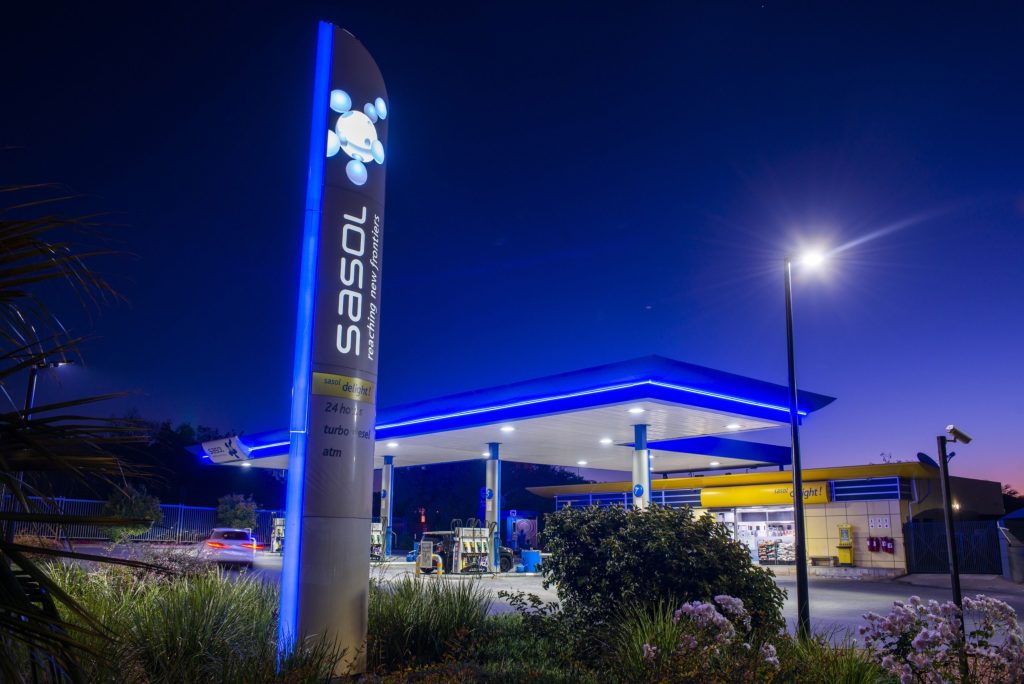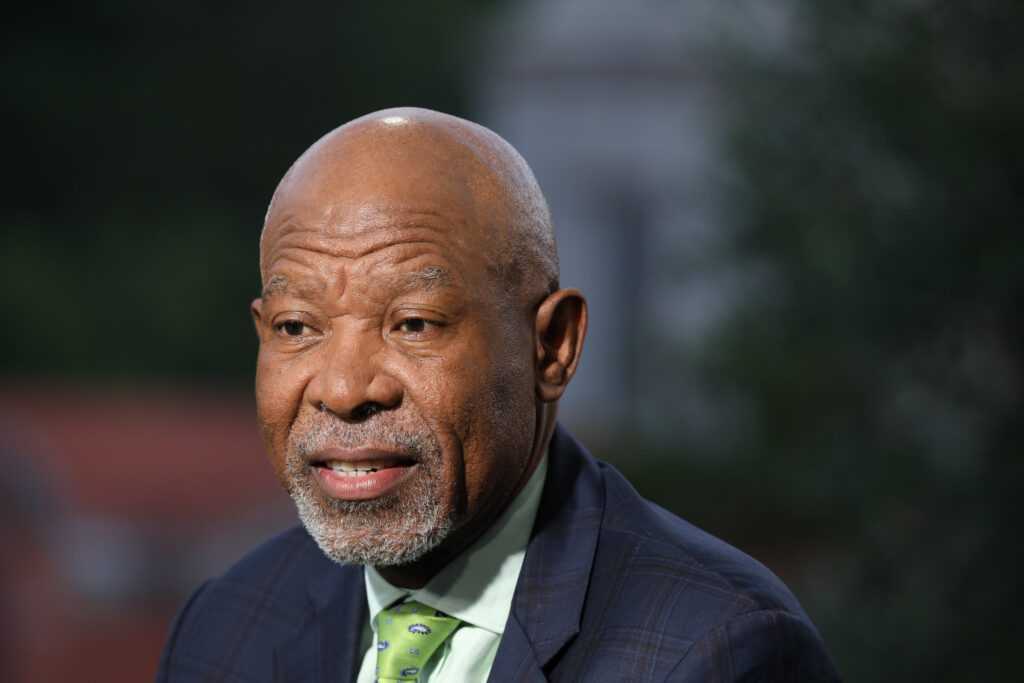You can also listen to this podcast on iono.fm here.
ADVERTISEMENT
CONTINUE READING BELOW
JEREMY MAGGS: South African Health Products Regulatory Authority, Sahpra, says it’s committing to slashing medicine approval times for local manufacturers, all part of a bigger push to grow vaccine and drug production across the continent.
I want to talk now to Dr Stavros Nicolaou, who’s chair of Pharmisa [Pharmaceuticals Made in South Africa], the association representing South African pharma manufacturers.
He’s welcomed the move as a key step towards improving medicine access and reducing reliance on foreign imports.
But my question is, is this policy shift really enough to industrialise a sector which is under a degree of pressure, or maybe just more of a gesture than a game changer? So let’s dig deeper. Stavros, a very warm welcome. So you’re happy with the policy, but practically, what is going to change in the way in which approvals are going to be handled?
STAVROS NICOLAOU: Jeremy, I think a starting point is to recognise two things.
Firstly, that it’s an imperative of our government and also the African continent to secure pharmaceutical supplies, so we never get into a Covid-type of situation again, through localisation policies.
Regrettably, these have not been implemented as we thought they should be done or as they ought to be done. So I think we’ve got to give that recognition upfront. It’s a negative recognition. The second thing is that, does this policy of Sahpra go far enough? It’s certainly a start. There are a range of measures that the South African government needs to take in order to further industrialise the pharmaceutical sector and narrow the trade deficit.
As I put it earlier, included in that suite of interventions should be accelerating the public procurement regulations. So there’s probably no more important lever in boosting pharmaceutical industrialisation than government implementing its own public procurement policies, which it’s not doing at the moment.
So the Sahpra move is an encouraging one. It’s likely to attract some investment, some further investment into the sector, but also retain our existing investments. It would also, in my view, probably attract more technology transfer partners into South Africa, which is an important step, but it’s one of many interventions that are required in order to narrow the trade deficit that I spoke about earlier.
JEREMY MAGGS: Stavros, Sahpra says it wants to halve approval timelines. All well and good, but given its resource constraints, is this a realistic commitment or is something else going to have to give?
STAVROS NICOLAOU: Look, I think Sahpra is an organisation that is under-capacitated, and I think under the circumstances, does a fairly good job. We have had assurances from the board of Sahpra that they will dedicate the required capacity that’s necessary and the resource in order to priority review all the products that are going to be locally manufactured.
The important step there is that if you reduce the timelines significantly, as priority reviews do, then it does provide some advantage to local manufacturers. That’s good for the South African economy, which means more taxes are paid and then you can further stretch health budgets, which we all know are currently extremely constrained.
JEREMY MAGGS: You talk about tech transfer and also investment, but I’m wondering whether faster reviews alone can attract the kind of investment that you’re referencing when more broadly, industrial incentives remain weak and policy implementation, as we know in South Africa, is patchy to say the least.
STAVROS NICOLAOU: Jeremy, I think it’s one step in a basket of things that need to happen. So if I’ve got to prioritise the three things that we need to do with immediacy to further industrialise pharmaceuticals because we have got an element of industrialisation, and I think we’ve done, under circumstances, very well as a country. Certainly, if I look at our local producers, Aspen and Adcock Ingram and others, I think have done well under constrained circumstances.
But the three things that need to happen are, one, accelerated registrations and accelerated WHO [World Health Organisation] prequalification, so you could say this policy addresses that.
ADVERTISEMENT:
CONTINUE READING BELOW
The second is the implementation of the Public Procurement Act, which, government has not yet implemented.
The third is we need a competitive suite of incentives so that we can compete against peer countries. That’s the basket that needs to be carried out. So this is one step in the right direction, but much more is required to do. But we’ll take the initial step and certainly try and maximise it as an industry.
JEREMY MAGGS: What would those incentives, in your opinion, entail?
STAVROS NICOLAOU: I think this is all about levelling the playing field, Jeremy, which is rather uneven at the moment. If I look at incentives that Asians and even other African countries offer to their manufacturers, the most prominent being tax incentives, SEZ [Special Economic Zone] incentives are very prominent in the pharmaceutical sector in both of those continents. I could speak about other continents as well.
But I think what needs to happen here is we’ve got to address the tax incentives first and foremost, for purposes of balancing what is a rather [unbalanced] playing field at the moment that we’ve got to compete against as South African manufacturers.
JEREMY MAGGS: It’s also up to government, surely, to come to the party, and there’s a concern about a lack of preferential procurement implementation. The reality is that government has failed to act decisively, in spite of promises.
STAVROS NICOLAOU: Well, we’ve had the Preferential Procurement Framework Act for over two decades now, and I think most listeners will know that the regulations to the Framework Act were set aside about two years ago now, and government felt that they had to overhaul the act, which they did in the form of the Public Procurement Act.
That was assented to by the president [Cyril Ramaphosa] last May, and there were clear signals that the regulations that will give expression to the act would become available within six months. That hasn’t happened as yet. We’re now 14 months on.
Timing is everything with these things because tender cycles come and go by. If you don’t have the procurement regulations in place, you’re going to keep missing out.
So I think a big call here would be to accelerate the public procurement regulations. They are exceedingly important, particularly in my sector, where a significant part of pharmaceutical volume is procured in the public sector and that’s where you can make a difference.
I don’t have to remind anyone listening in that manufacturing is about economies of scale, and economies of scale give you competitiveness not only domestically but also for export markets. So there’s a big nexus between competitiveness and those public procurement regulations, which we anxiously await.
JEREMY MAGGS: Thank you very much indeed. That’s Dr Stavros Nicolaou, chair of Pharmisa, that’s the association representing South Africa’s pharma manufacturers. Stavros, thank you very much.
Follow Moneyweb’s in-depth finance and business news on WhatsApp here.

 14 hours ago
1
14 hours ago
1





















 English (US) ·
English (US) ·